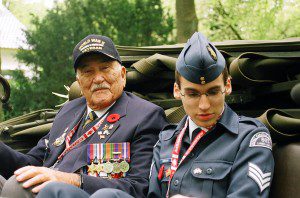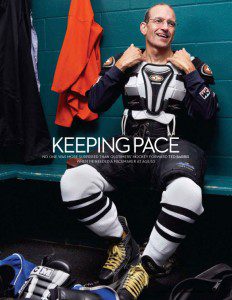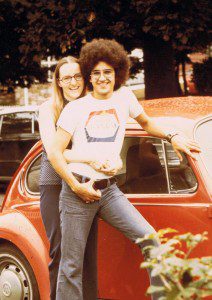
Canadians were featured prominently that day. Grateful Netherlanders lined the streets, at first, in an orderly fashion. They waved, cheered and tossed tulips – the first blossoms of that bittersweet springtime when six long years of war came to an end. They celebrated the end of Nazi occupation in their country and embraced their liberators. It was May 8, 1945, Victory in Europe (VE) Day. Among those liberators marching in the Apeldoorn parade on the receiving end of all that adoration was a young lieutenant from Arnprior, Ontario. Barclay Craig remembered being told it would be a half-hour parade.
“It was actually the eve of my 25th birthday,” he told me this week. “The Dutch were so excited to be free again, they crushed in around us in the parade. I never shook so many hands in my life.”


